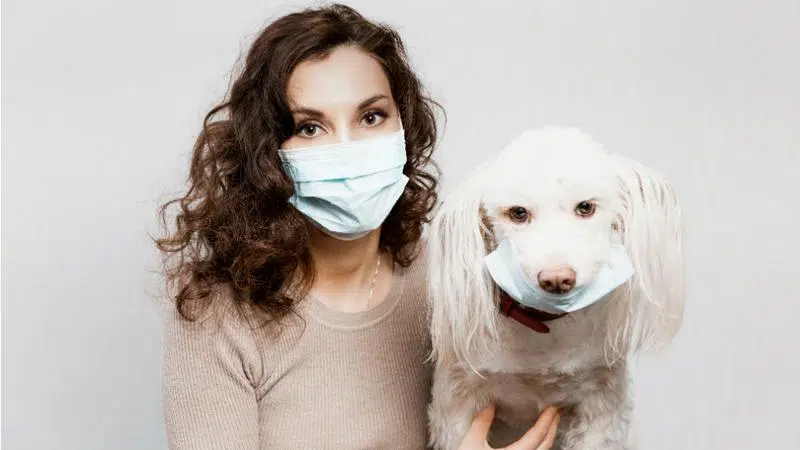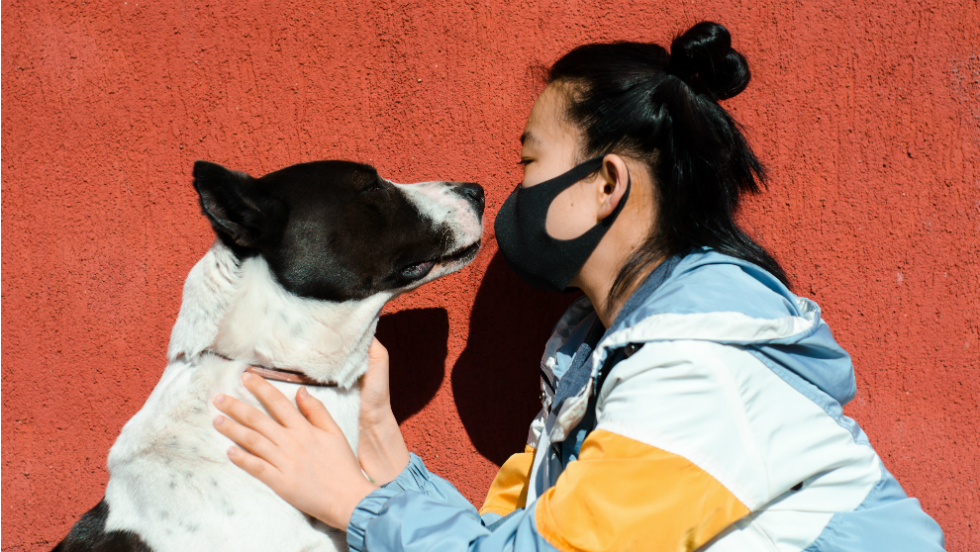
Vets say treat animal transmission with similar caution
Concerns over possible transmission of coronavirus from an animal are being met with similar advice to staying safe from human transmission.
Dr. Kent Weir, President of the Saskatchewan Veterinary Medical Association, said uncertainty over transmission with animals and humans makes it hard to plan around the level of risk.
“We know we’ve found it in animals,” Weir said. “The question becomes, were those animals actually exhibiting signs from specifically coronavirus or signs from a virus.”
He recommends continuing to follow guidelines regarding hand washing and avoiding your face still apply if you’re in contact with animals outside your home. That means treating those interactions the same way you’d treat fomites – objects that can carry infections, like doorknobs.



